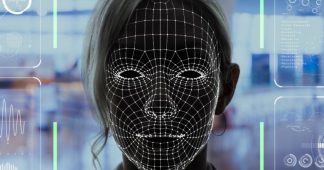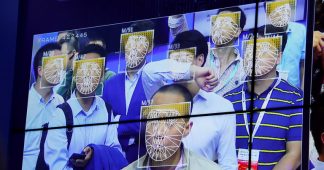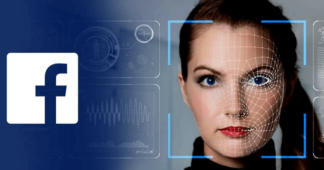Amazon has registered 17 new patents for biometric technology intended to help its doorbell cameras identify “suspicious” people by scent, skin texture, fingerprints, eyes, voice, and gait.
18 Dec, 2021
The tech giant has been developing its doorbell security camera system since 2018, when Amazon acquired the firm named Ring and, with it, the original technology. According to media reports, Jeff Bezos’ company is now preparing to enable the devices to identify “suspicious” people with the help of biometric technology, based on skin texture, gait, finger, voice, retina, iris, and even odor.
On top of that, if Amazon’s new patents are anything to go by, all Ring doorbell cameras in a given neighborhood would be interconnected, sharing data with each other and creating a composite image of “suspicious” individuals.
One of the patents for what is described in the media as a “neighborhood alert mode” would allow users in one household to send photos and videos of someone they deem ‘suspicious’ to their neighbors’ Ring cameras so that they, too, start recording and can assemble a “series of ‘storyboard’ images for activity taking place across the fields of view of multiple cameras.”
Aside from the possible future interconnectivity among the Ring devices themselves, Amazon’s doorbell cameras, as it stands now, already exchange information with 1,963 police and 383 fire departments across the US, according to Business Insider. Authorities do not even need a warrant to access Ring footage.
The news has got some privacy experts worried, with Hannah Hart from ProPrivacy telling the Guardian that, if implemented, the new technologies would let anyone with a Ring doorbell “turn their area of the neighbourhood into a surveilled space due to its video recording functionality and audio processors, which are able to pick up sound 40ft away.”
This is not the first time the tech giant has caught flak over its surveillance technologies, including from within its own ranks. Last year, in a letter to Amazon’s management, software engineer Max Eliaser lashed out at the company’s surveillance network, describing it as “not compatible with a free society.”
Following media reports of possible biometrics-powered technology in Ring doorbells, Amazon tried to allay concerns, assuring Business Insider that “Ring does not have facial recognition technology nor biometrics in any of its devices or services. Patents filed or granted do not necessarily reflect products and services that are in development.”
Though, even as is, the said doorbell cameras have already presented some of its owners with legal issues. For instance, earlier this year, a court in the UK ruled that the doorbell camera installed by a plumber from Oxfordshire had “unjustifiably invaded” his neighbor’s privacy, capturing videos and audio-recordings of her. The judge branded the “extent of range to which these devices can capture audio” as not “reasonable for the purpose for which the devices are used by the defendant.” The defendant is now facing a hefty fine as a result, while Amazon advised all Ring doorbell users to “respect their neighbors’ privacy and comply with any applicable laws when using their Ring product.”
Published at www.rt.com
We remind our readers that publication of articles on our site does not mean that we agree with what is written. Our policy is to publish anything which we consider of interest, so as to assist our readers in forming their opinions. Sometimes we even publish articles with which we totally disagree, since we believe it is important for our readers to be informed on as wide a spectrum of views as possible.











